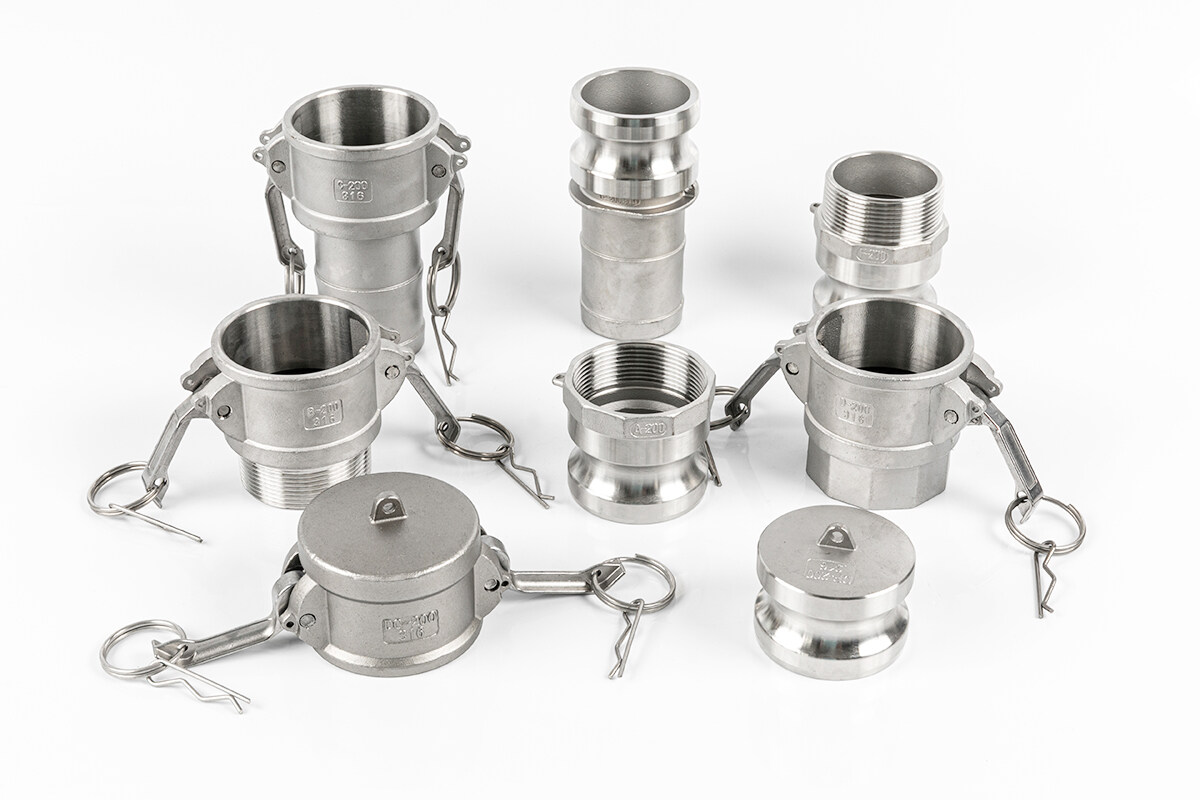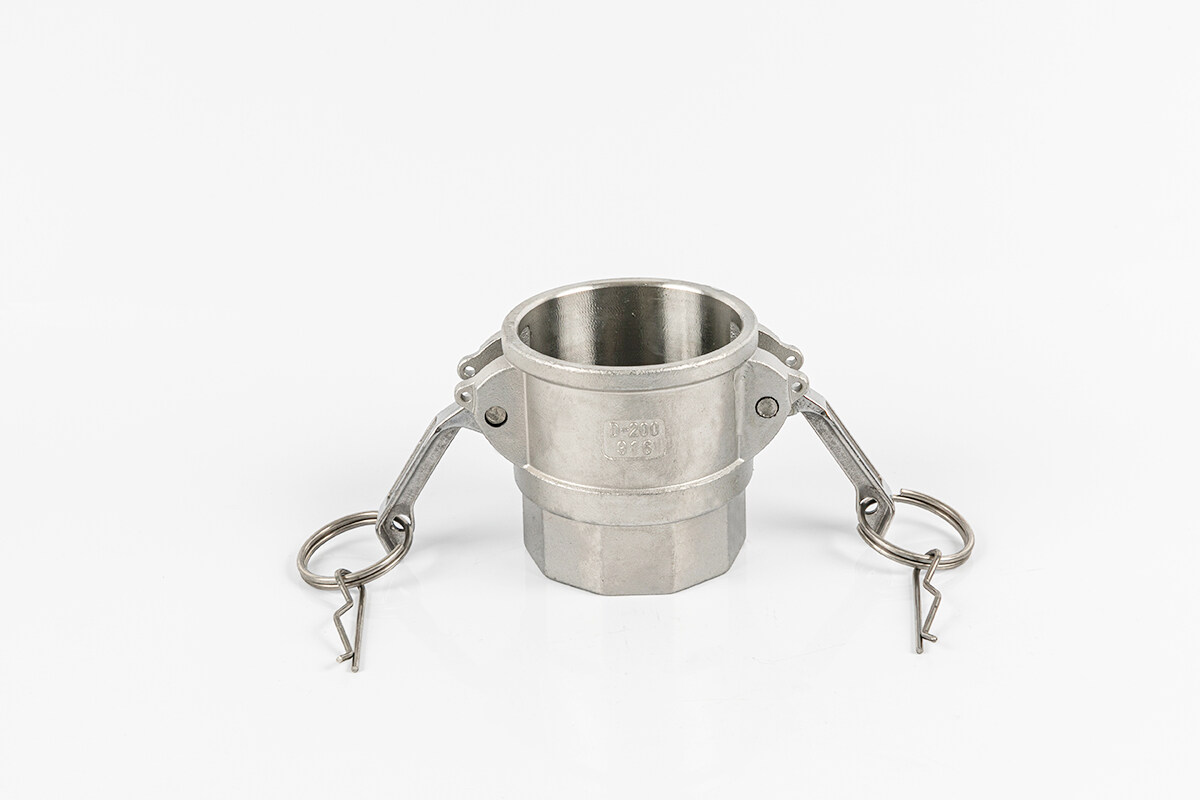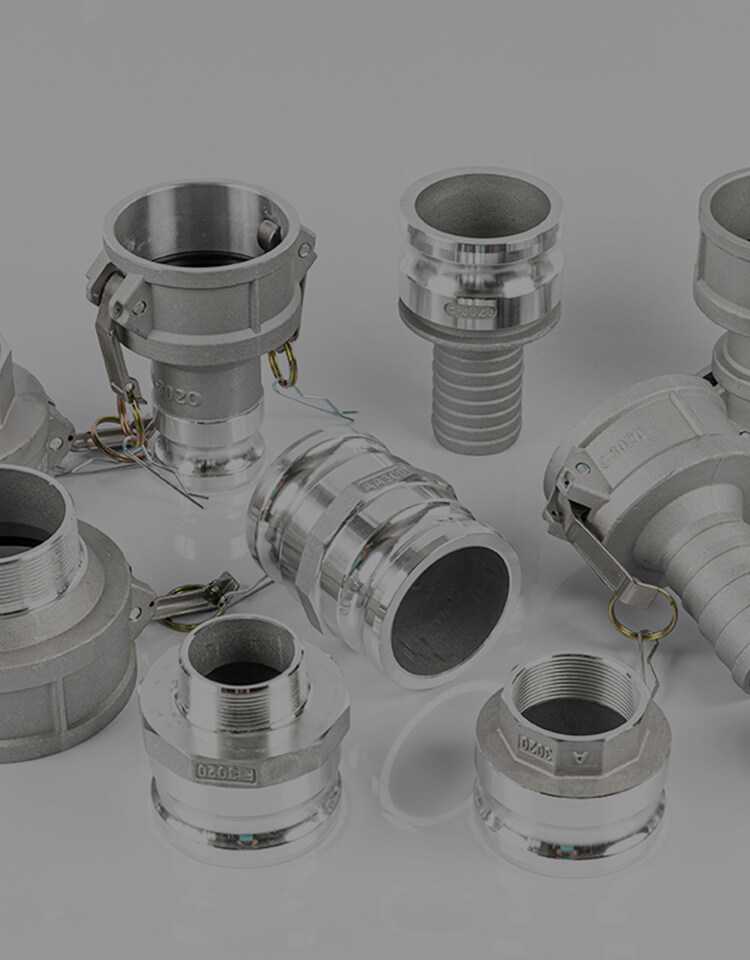Email format error
Email cannot be empty
Email already exists
6-20 characters(letters plus numbers only)
The password is inconsistent
Email format error
Email cannot be empty
Email does not exist
6-20 characters(letters plus numbers only)
The password is inconsistent

News
Here, you can describe a piece of text you want to express

Choosing the Right Stainless Steel Camlock Couplings for Quick Connect Applications
In the fast-paced world of industrial applications, efficiency and reliability are paramount. When it comes to fluid transfer, the choice of connectors plays a crucial role. Stainless Steel Camlock Couplings, renowned for their durability and versatility, have become indispensable in various industries. In this article, we will explore the factors that go into choosing the right stainless steel camlock couplings, considering quick connect applications.
Understanding Quick Connect Couplings
Quick connect coupling sizes and their significance
Quick connect couplings come in various sizes, each designed to handle specific flow rates and pressure levels. Understanding the nuances of quick connect coupling sizes is crucial for seamless integration into your system. From small-scale applications to heavy-duty industrial processes, selecting the right size ensures optimal performance and prevents potential issues related to flow restriction or leakage.
Stainless steel camlock fittings: A symbol of durability
The heart of any camlock coupling is the material it's crafted from. Stainless steel camlock fittings have gained prominence due to their exceptional corrosion resistance, making them ideal for applications where exposure to harsh chemicals or extreme weather conditions is a concern. We'll delve into the advantages of stainless steel in camlock couplings and how it contributes to the longevity and reliability of the system.
Navigating the Options: Metric Coupling Nuts
Role of metric coupling nuts in camlock couplings
In the realm of camlock couplings, metric coupling nuts play a significant role in ensuring a secure and leak-free connection. We'll explore the importance of metric coupling nuts, their compatibility with different systems, and how they contribute to the overall efficiency of the quick connect process.
Male Quick Connect Couplings: A Closer Look
Examining the intricacies of male quick connect couplings is essential for a comprehensive understanding of the entire system. We'll discuss the variations available, their applications, and the factors to consider when selecting male quick connect couplings to meet specific operational requirements.
Factors Influencing Choice: A Comprehensive Guide
Application-specific considerations
Every industry and application has unique requirements. We'll provide insights into how to assess your specific needs, taking into account factors such as temperature, pressure, and the nature of the fluid being transferred. This section will guide you in making informed decisions tailored to your particular quick connect application.
Ease of use and maintenance
The beauty of stainless steel camlock couplings lies not only in their robustness but also in their user-friendly design. We'll discuss the ease of installation and maintenance, highlighting the importance of a coupling system that minimizes downtime and facilitates quick and hassle-free connections.
Conclusion: Seamless Integration for Optimal Performance
In conclusion, the choice of stainless steel camlock couplings for quick connect applications involves a careful consideration of various factors. From understanding quick connect coupling sizes to evaluating the advantages of stainless steel and the role of metric coupling nuts, this article serves as a comprehensive guide to assist you in making the right decisions for your specific needs. By prioritizing factors such as application-specific requirements, ease of use, and maintenance, you can ensure the seamless integration of camlock couplings into your system, contributing to optimal performance and reliability.

